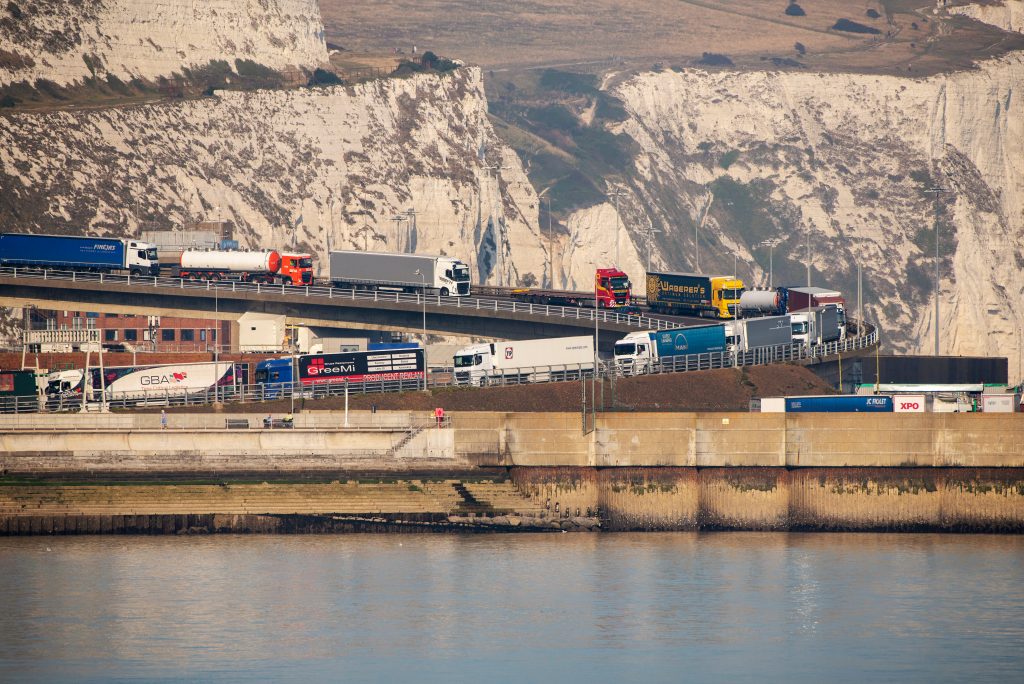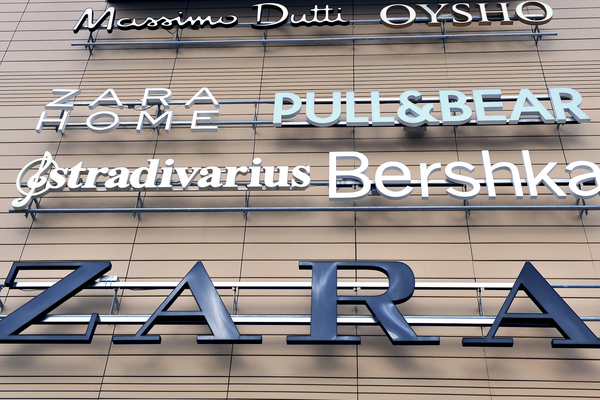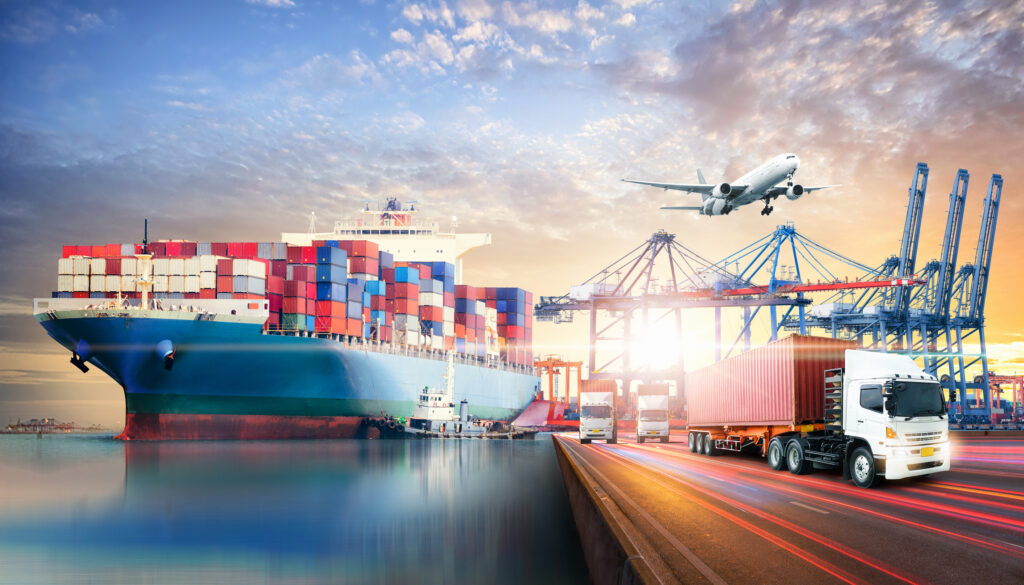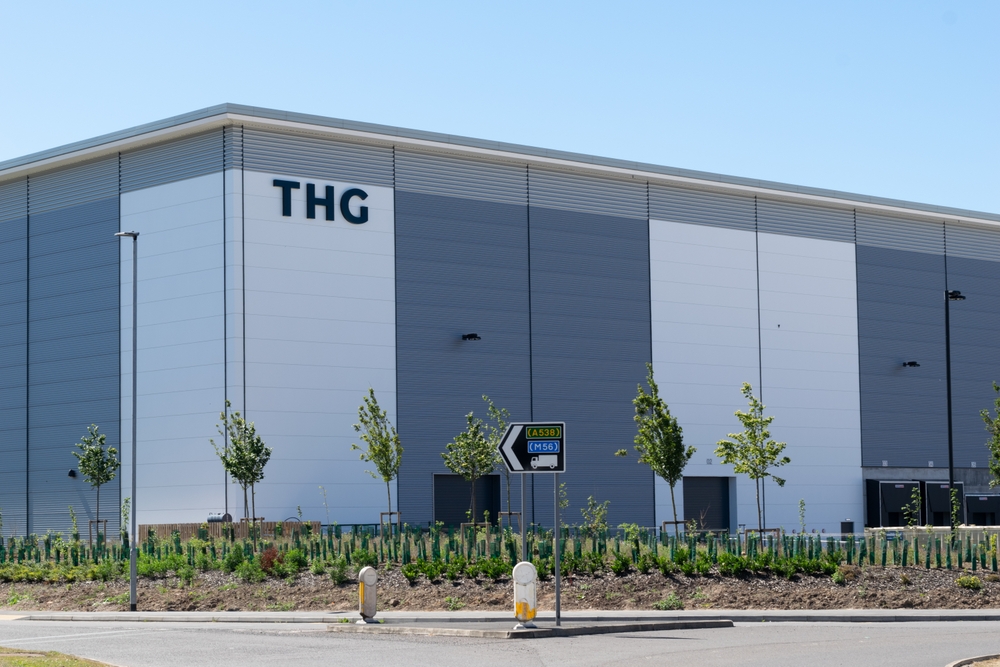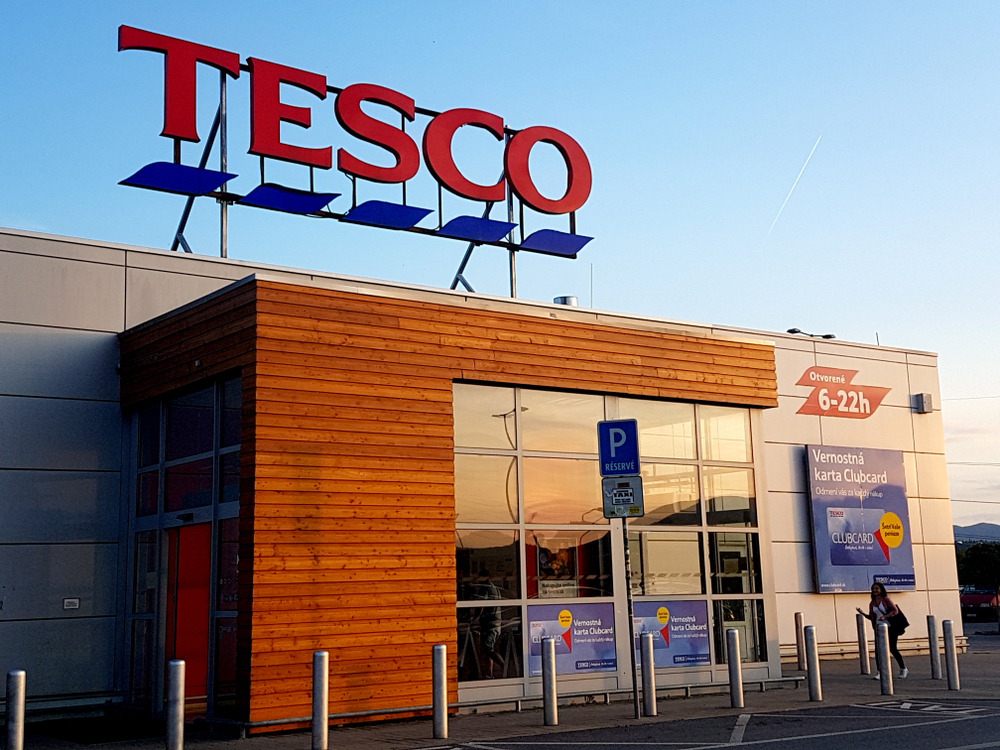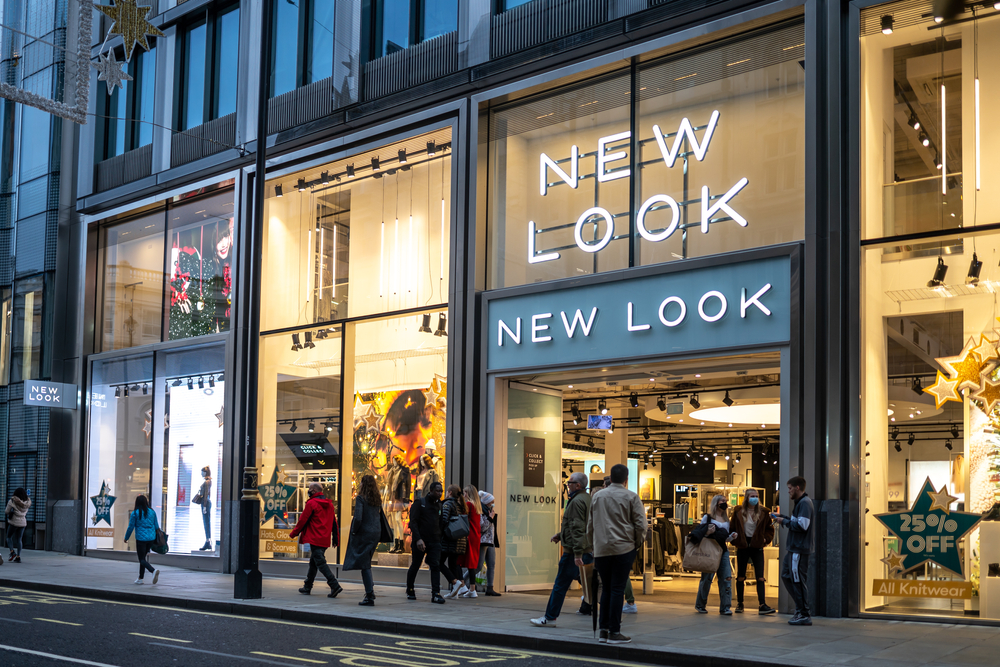// Michael Gove under pressure as Road Haulage Association reports huge cut in EU exports since Brexit
// RHA CEO: “ministers have chosen not to listen to the industry and experts”
// RHA estimates 65% – 75% of vehicles that come over from the EU go back empty because there were no goods for them to return with
Cabinet Office minister Michael Gove faces a new wave of criticism over the handling of exports from the UK to the EU since the end of the Brexit transition period.
The volume of exports travelling through British ports to the EU fell by 68 per cent in January, compared to the same month last year, according to a report by The Observer.
That drop has been largely attributed to problems caused by Brexit, with the Road Haulage Association reporting the issue to Gove after surveying its international members.
READ MORE: EU online retailers are refusing to export to the UK over new Brexit taxes
In a letter to Gove dated February 1 and cited by The Observer, the RHA’s chief executive, Richard Burnett, also pointed out to the minister he and his officials had repeatedly warned over several months of problems and called for measures to lessen difficulties, which Burnett says has been largely ignored.
One key example of the new difficulties facing exports that Burnett highlighted is the need to increase the number of customs agents to help firms with mountains of extra paperwork.
Although there are now 10,000 customs agents, this is still about a fifth of what the RHA says is required to handle the massive increase in paperwork facing exporters.
Burnett said that in addition to the 68 per cent fall-off in exports, about 65 per cent to 75 per cent of vehicles that had come over from the EU were going back empty because there were no goods for them to return with, due to hold-ups on the UK side, and because some UK companies had either temporarily or permanently halted exports to the EU.
“I find it deeply frustrating and annoying that ministers have chosen not to listen to the industry and experts,” Burnett said to The Observer.
The RHA also warned in January that a 12-month grace period and urgent financial aid were needed to fix problems with the post-Brexit trade border in the Irish Sea.
Instead, the government has allowed for just a six month grace period, meaning the full range of physical checks on imports will begin in July.
Shane Brennan, chief executive of the Cold Chain Federation, the body for companies that move and store frozen and chilled foods told The Observer:
“As we look to April through to July what really worries me is we face a perfect storm.
“We will have an economy looking to come out of lockdown at the same time as the UK is imposing a range of import controls on EU business that may be no more prepared than UK businesses have been – and possibly less so – and a supply chain that is incredibly reluctant to service the UK. The full Brexit crisis that we were predicting could well come into effect at that point,” Brennan added.
“We have had intensive engagement with the road haulage industry for many months and are still facilitating a daily call with representative groups,” a government spokesperson told The Observer.
“We do not recognise the figure provided on exports. Thanks to the hard work of hauliers and traders to prepare for change, disruption at the border has so far been minimal and freight movements are now close to normal levels, despite the Covid-19 pandemic. We will continue to work constructively with the RHA as we adjust to our new relationship with the EU and seize the opportunities of Brexit,” the spokesperson added.
Last month it emerged that a number of online retailers from the European Union are refusing to deliver goods to the UK because of new Brexit taxes that came into force last week.
A number of specialist online retailers from the EU have been forced “by British policy to stop dealing with British customers”.
It comes after the UK’s official departure from EU trading laws on January 1 meant companies exporting to the UK face higher VAT costs and more red tape.
Under these new rules VAT is collected at the point of sale rather than the point of importation, meaning EU businesses exporting to the UK must register for UK VAT and account for it to the HMRC.
Click here to sign up to Retail Gazette’s free daily email newsletter

